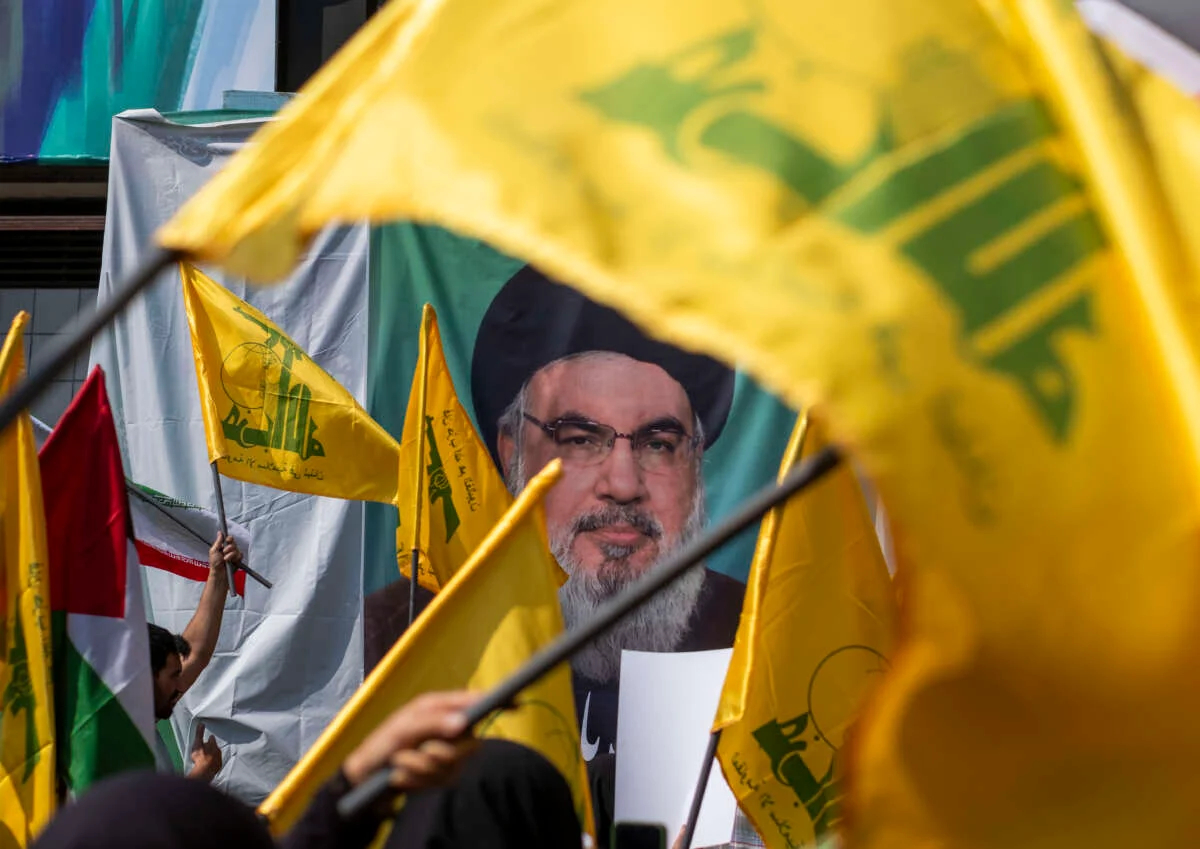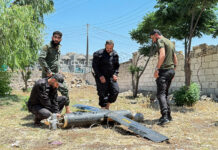
The assassination of Hassan Nasrallah, leader of Hezbollah, by an Israeli airstrike has sparked a range of international reactions, with a noticeable absence of widespread official condemnations. Unlike previous high-profile targeted killings by Israel, such as that of Hamas leader Ismail Haniyeh, the global response to Nasrallah’s death has been comparatively muted, with support largely coming from a handful of regional allies. At the same time, most Western and Arab nations remain cautiously silent.
Following Nasrallah’s assassination, only a few countries and entities officially condemned the attack. Iran, Iraq, Palestine, Lebanon, and Russia were among the few that expressed their disapproval. Iran, a staunch ally of Hezbollah, declared the assassination a “criminal act” and announced five days of national mourning, emphasizing Nasrallah’s role as a defender of the oppressed. The Iranian government strongly condemned Israel’s actions, denouncing the airstrike as an illegal and unjust killing.
Iraq also declared three days of mourning. Prime Minister Muhammad Shia al-Sudani described the assassination as a “crime” that transgressed red lines, with Shiite clerics, including Muqtada al-Sadr, expressing grief over the loss of Nasrallah, whom they called a “comrade of resistance.”
Russia was notably the only non-regional power to issue a firm condemnation. Moscow warned of the potential destabilizing effects on Lebanon and the wider Middle East, stressing that the killing could have dangerous repercussions for the region.
In contrast, the US, France, and Turkey expressed concern over potential consequences for regional stability but stopped short of condemning the assassination outright. US President Joe Biden framed the operation as an act of justice, emphasizing Israel’s right to defend itself against Hezbollah and other militant groups. Turkish President Erdogan criticized Israeli strikes on Lebanon but made no direct reference to Nasrallah’s death.
The assassination of Ismail Haniyeh, the Hamas leader, by Israel, was met with far more vocal reactions across the Arab and Muslim world, including immediate and widespread condemnation. At that time, several countries that now remain silent over Nasrallah’s death, such as Qatar, Jordan, and Egypt, had issued statements denouncing Israel’s action against Haniyeh.
This stark contrast can be attributed to several factors. Primarily Hezbollah is perceived differently from Hamas in the region. While both Hezbollah and Hamas are considered terrorist organizations by many Western governments, Hezbollah’s ties to Iran and its heavy involvement in atrocities and war crimes against mostly Arab Sunni civilians, in the Syrian conflict have distanced it from many Sunni-majority Arab nations.
This may explain the reluctance of some countries to openly mourn Nasrallah. Additionally, Hezbollah’s role in regional politics is a divisive one. Hassan’s support of Assad has alienated many countries that once sympathized with Hezbollah’s “anti-Israel stance” but grew disillusioned with the group’s involvement in abuses in Syria.
Bashar al-Assad, a close ally of Nasrallah, was notably late in offering his condolences, echoing his delayed response after the assassination of Ismail Haniyeh. Assad eventually praised Hezbollah and the Lebanese resistance for their “resilience” but remained silent for over 24 hours following Nasrallah’s death.
Assad’s message described Nasrallah as a symbol of steadfast resistance, emphasizing that the Lebanese movement would continue its fight despite the loss of its leader. However, his delayed response raises questions about the regime’s reluctance due to internal calculations, as Assad likely seeks to avoid inflaming tensions with Israel while maintaining solidarity with Hezbollah.
Despite the outpouring of grief from Hezbollah’s supporters and allies, the assassination of Hassan Nasrallah marks a new chapter in Israel’s long-standing conflict with Hezbollah, and its repercussions are likely to be felt in Lebanon and beyond in the months to come. Whether this killing will lead to increased violence or serve as a deterrent remains to be seen, but the subdued international response remains indicative of the growing isolation of Hezbollah on the global stage.









